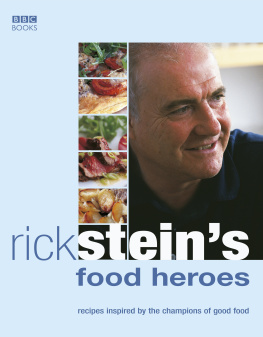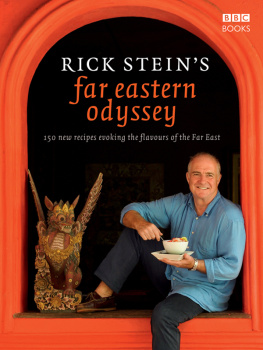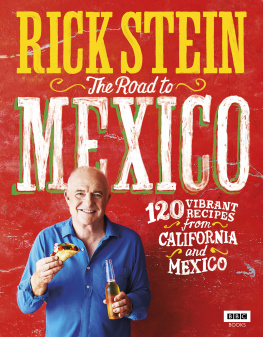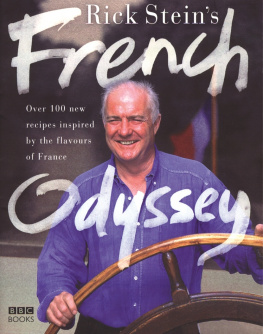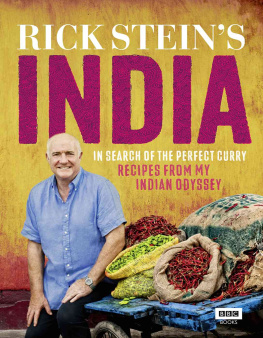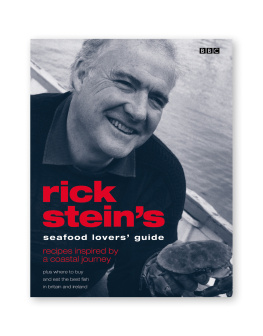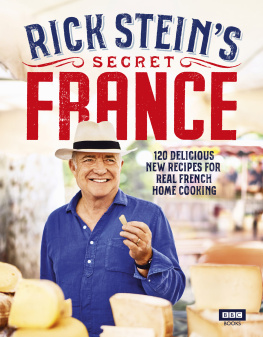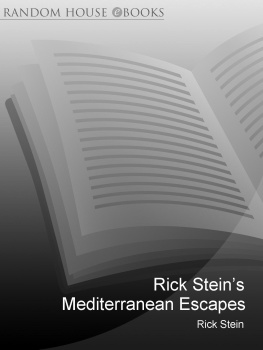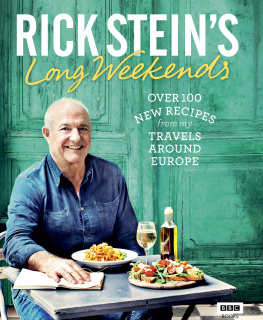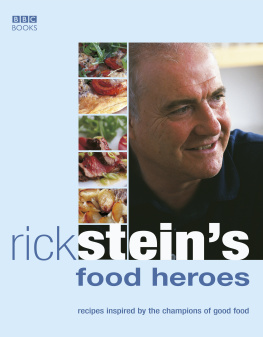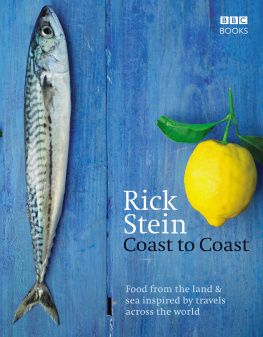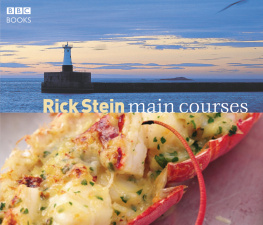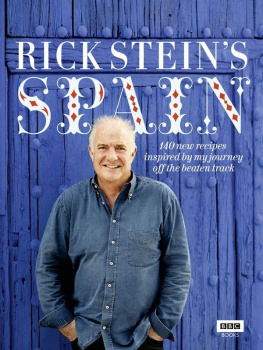
contents
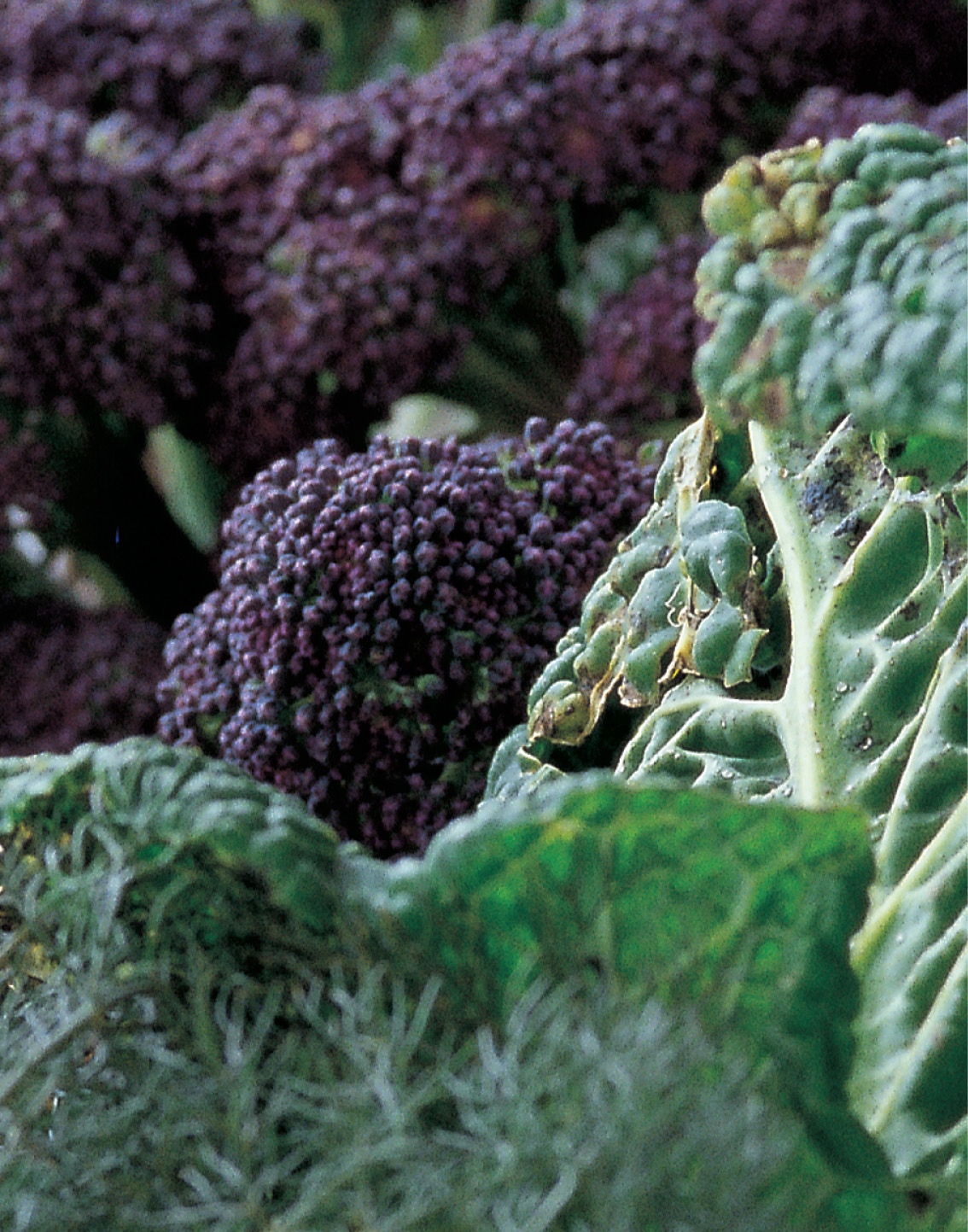

This ebook is copyright material and must not be copied, reproduced, transferred, distributed, leased, licensed or publicly performed or used in any way except as specifically permitted in writing by the publishers, as allowed under the terms and conditions under which it was purchased or as strictly permitted by applicable copyright law. Any unauthorized distribution or use of this text may be a direct infringement of the authors and publishers rights and those responsible may be liable in law accordingly.
BBC Television, an imprint of Ebury Publishing,
20 Vauxhall Bridge Road,
London SW1V 2SA
Ebury is part of the Penguin Random House group of companies whose addresses can be found at global.penguinrandomhouse.com.

This book was originally published to accompany the television series, Rick Steins Food Heroes, produced for BBC Television by Denham Productions.
Producer and Director: David Pritchard Executive Producer for the BBC: Andy Batten-Foster
Cover design: Pene Parker
Cover photographs: James Murphy 2002
Rick Stein has asserted his/her right to be identified as the author of this Work in accordance with the Copyright, Designs and Patents Act 1988
First published in 2002 by BBC Books
BBC Worldwide Ltd, Woodlands
80 Wood Lane, London W12 0TT
First published in paperback in 2005
Reprinted 2006
Text Rick Stein 2002
The moral right of the author has been asserted.
Food photography James Murphy 2002
Location photography Craig Easton 2002
All rights reserved. No part of this book may be reproduced in any form or by any means, without permission in writing from the publisher, except by a reviewer who may quote brief passages in a review.
Food photography:
James Murphy
Location photography:
Craig Easton
Commissioning Editor: Vivien Bowler
Project Editor: Rachel Copus
Copy Editor: Rachel Connolly
Art Director: Sarah Ponder
Designer: Paul Welti
Home Economist: Debbie Major
Stylist: Helene Lesur
Production Controller: Kenneth McKay
penguin.co.uk
A CIP catalogue record for this book is available from the British Library
ISBN 9781446415733
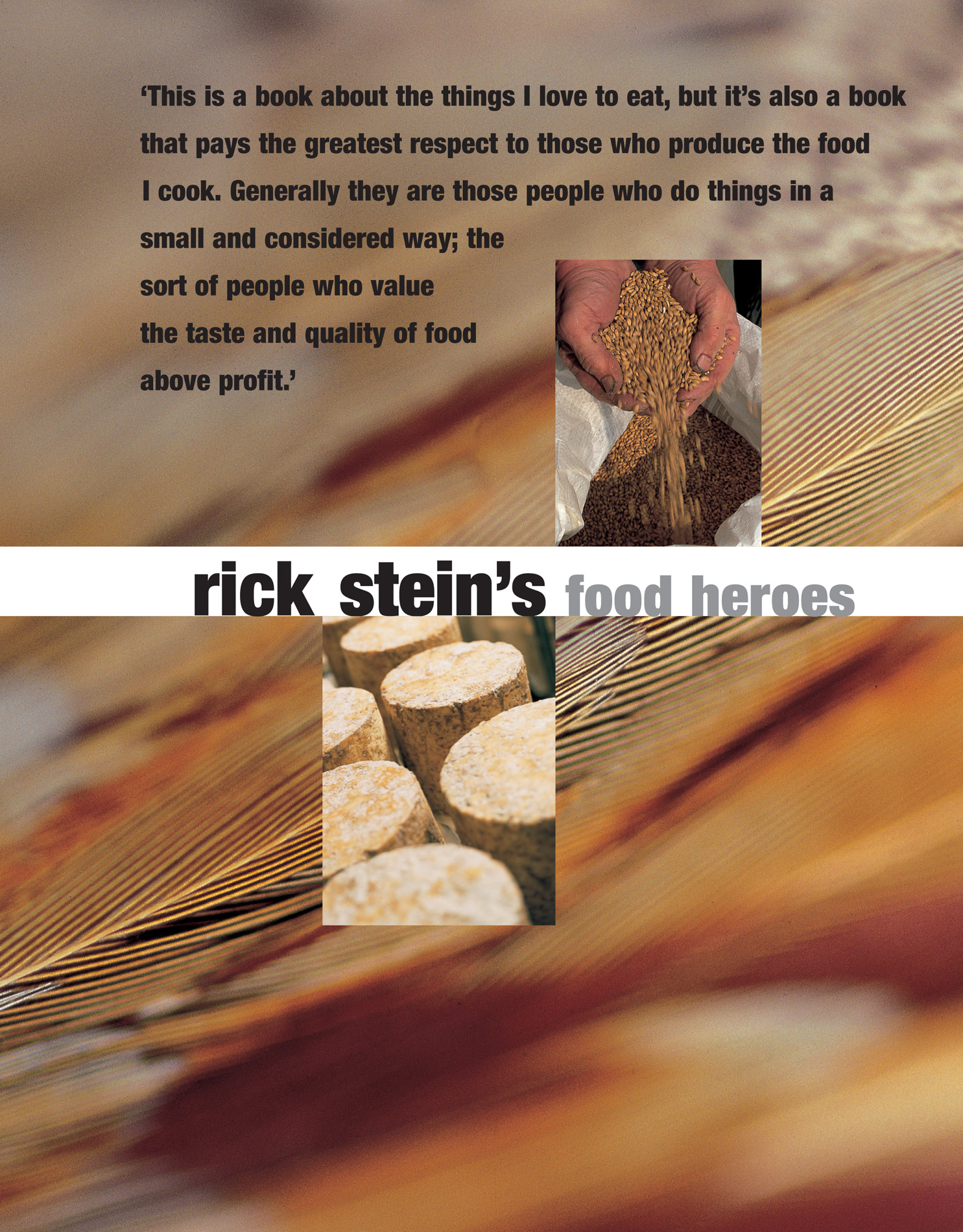
To Jill, Edward, Jack and Charles
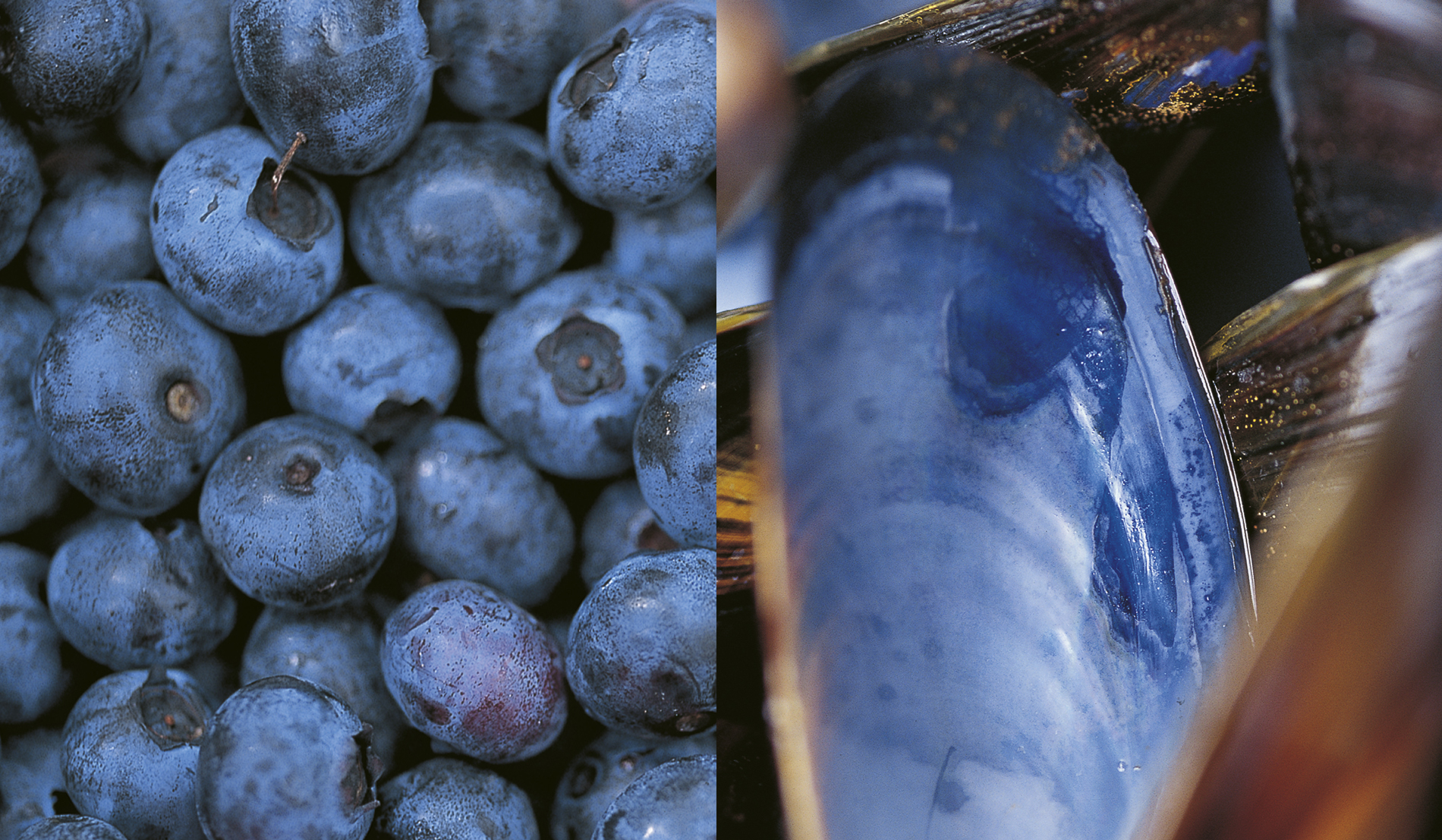
introduction
To quote the legendary Irish cook Myrtle Allen, this book is about people producing common things uncommonly well. More than that, its a book of my favourite recipes; its the cookery book Ive wanted to write for some time.
Im best known for cooking fish and that is still my first love. A builder who worked for us for many years in the early days of the restaurant once said, Can you cook real food? Those were the days when fish was not considered to be nourishing enough for men. Well, I do cook real food. I grill chops and make deeply aromatic Chinese pork hotpots smelling of tangerine and star anise. I love a good navarin of lamb filled with sweet early carrots, turnips, peas and little new potatoes. I eat free-range chicken roasted with garlic and tarragon. I love a rib of aged beef grilled over coals with chips, a simple salad and barnaise sauce. I cook vegetables such as spring greens with butter and shallots, or courgettes sliced and gently fried with chervil and chives. I fry eggs and serve them up with Mexican ranchero sauce and tortillas on special Sunday mornings. I make puddings like Sussex pond, fragrant and sweet-and-sour, with whole lemons and demerara sugar. I consider rhubarb crumble to be the finest British pudding going.
But just as I insist on the best and freshest fish, I do the same with meat, game and vegetables. Ive always felt that the most important point about cooking good food is getting the best produce in the first place. This is a book about the things I love to eat, but its also a book that pays the greatest respect to those who produce the food I cook. Generally they are those people who do things in a small and considered way; the sort of people who value the taste and quality of food above profit.
You could make all the recipes in this book with food from any large supermarket. Im not opposed to supermarkets. All of us would be the poorer without the incredible wealth of raw materials they offer. One has recently opened just outside Padstow. There was a lot of opposition to it but now its here everyone uses it. Who would have thought five years ago that I could buy fresh coriander and basil, chillies, Illy espresso coffee, Australian Barossa Shiraz, crme frache, duck breasts, olive oil and fish sauce in a small Cornish town?
Yet in spite of the variety there is better-tasting food to be bought from small producers. Take a delicatessen like Valvona and Crolla in Edinburgh, for example. They thrive because they buy from producers too small to supply supermarkets; growers who do nearly everything by hand and who take their time. Youll see bent and twisted peppers, 13 types of tomato some deep red, others misshapen and even green all designed for different uses: in sauces, salads, to go with buffalo mozzarella and basil, or with pasta. There are varying sizes of hand-made goats and ewes milk cheeses with wonderful aromas, and bread with scorched, cracking crusts and white interiors with giant air bubbles.
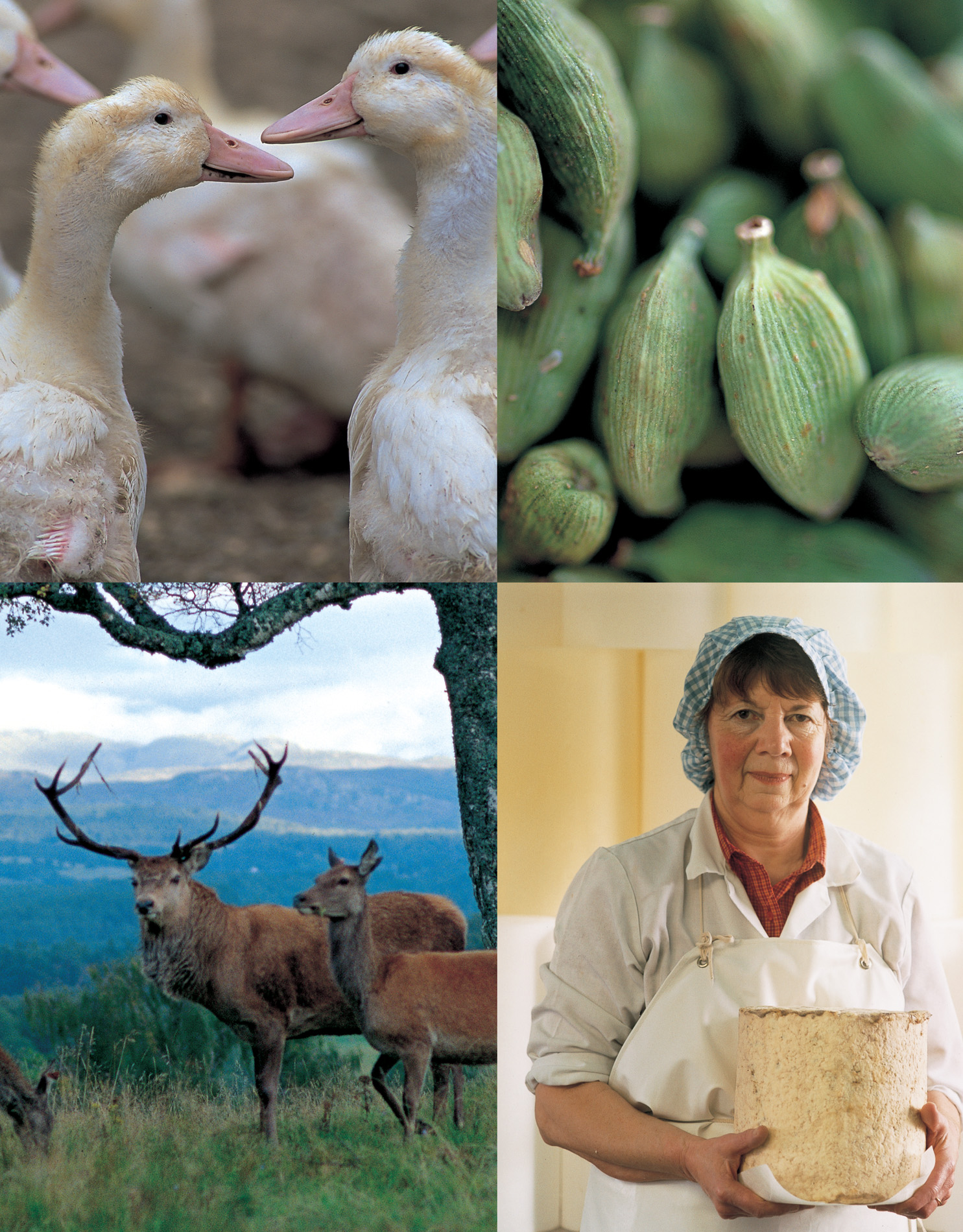
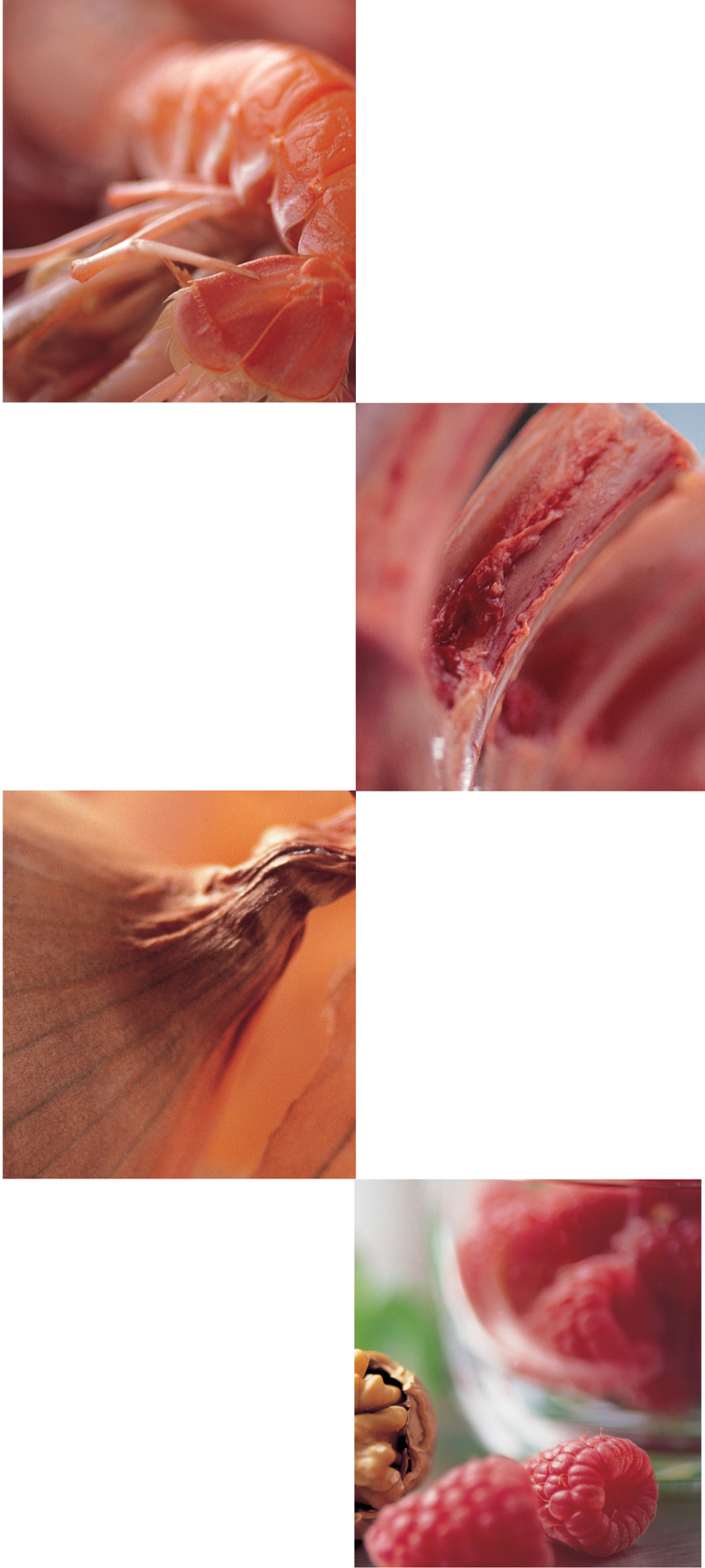
You only need to go to a good farmers market to appreciate this; knobbly, ungraded vegetables, local bread, cheese, geese and milk, too regional to be taken up by the multiples. Theres a whole band of people out there producing small quantities of food with passionate commitment, who look after their land properly, treat their flocks or herds with affection and respect and take their time to grow or rear crops or animals. Supermarkets are driven by shareholders who want returns, so profit is king. Great food is about love not money.
The TV series that accompanies this book is a culinary journey around Britain. I remember saying at the beginning that it was a journey to find where were at with food in Britain today. Are we still a nation that eats to live, or are we becoming more and more enchanted with the life-enhancing joy of good food? The journey and lots of subsequent trips and research have led me to believe that we are seriously moving on. There is a growing groundswell of people who really want to eat food that is produced properly.
I am fascinated by the current debate about fox hunting and the wish by many to have it banned. There probably is a polarization between urban and rural dwellers, which I also witnessed in letters I read about the recent foot and mouth tragedy. The most important argument of the anti lobby is the cruelty of hunting down and killing a wild animal with a pack of dogs. As a farmers son, the way hunts used to gallop over our land without asking permission was more important, but the cruelty argument is interesting. Nothings perfect, but isnt the cruelty inflicted on millions and millions of animals chickens, ducks, pigs, and probably fish in the interests of producing cheap food a wrong out of all proportion to fox hunting? Yet we all quietly condone it because we dont think about it. I feel that we have a moral duty to care about the way the food we eat and love is produced.
Next page
